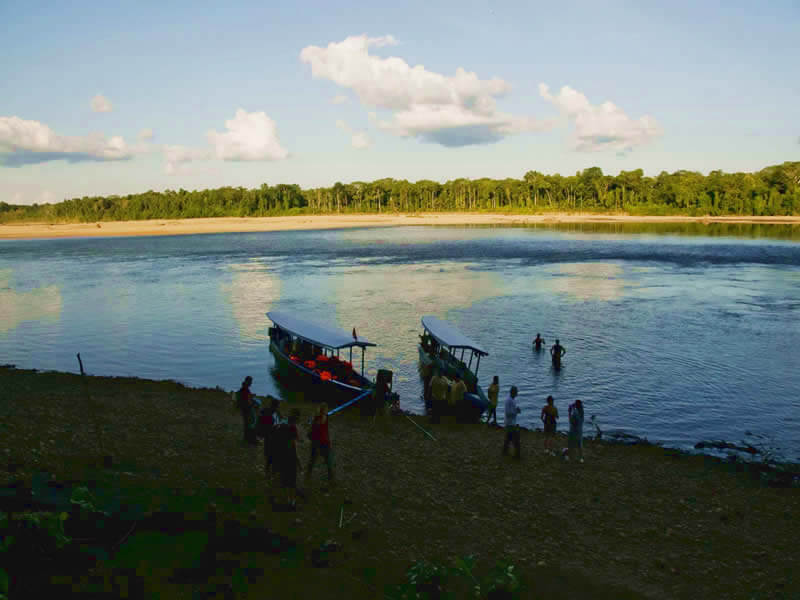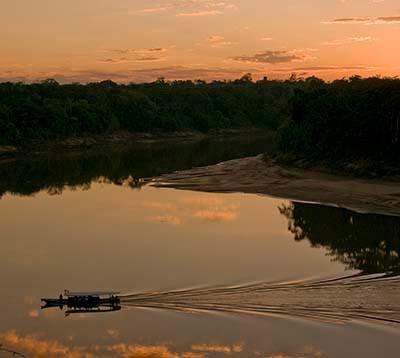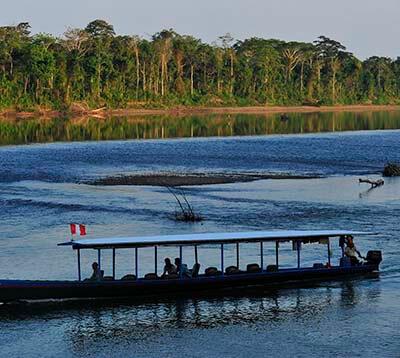Discover Iquitos: Your Gateway to the Peruvian Amazon Rainforest
Looking for a one-of-a-kind adventure? Iquitos, the vibrant capital of Loreto, invites you to travel to Peru and explore the heart of the Amazon—one of the most biodiverse ecosystems on Earth.
Cruise along the majestic Amazon River, meet indigenous communities, and witness exotic wildlife like pink river dolphins, colorful parrots, and sloths hanging from ancient trees. Whether you're into ecotourism or experiential travel, this is the perfect addition to your Peru tour.
Located in northern Peru, Iquitos is accessible only by air or water, making it a truly remote paradise for adventurous souls. Combine it with our unforgettable Machu Picchu tours or Cusco Peru tours for the ultimate trip to Peru experience.
Whether you’re dreaming of jungle treks, luxury lodges, or cultural encounters, our customized Amazon itineraries ensure every traveler finds magic in the wild. Start planning your trip to Machu Picchu and the Amazon today!





